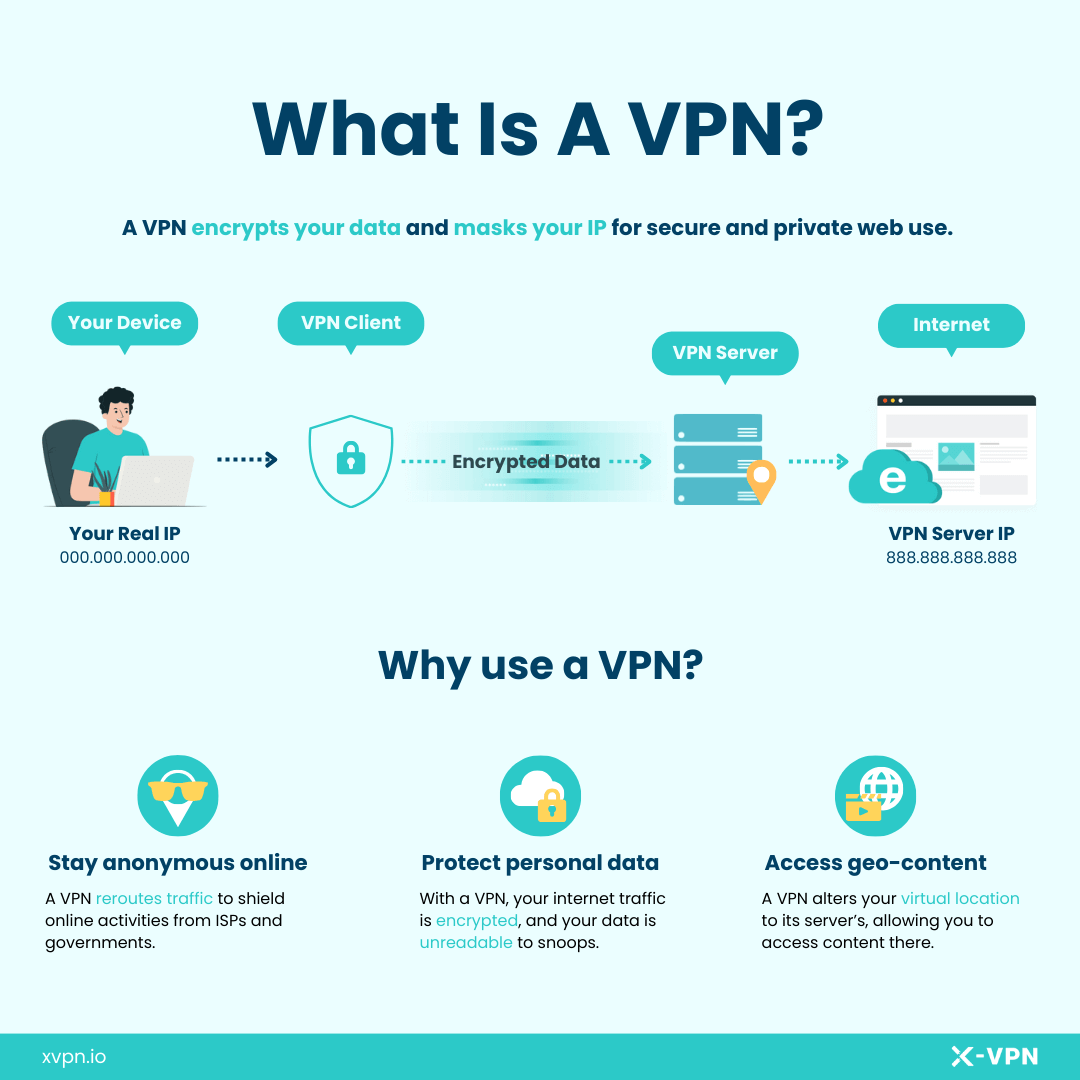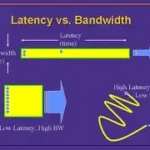
In today’s digital world, protecting your online privacy and security is more important than ever. One powerful tool many people use to stay safe online is a VPN, or Virtual Private Network. But what exactly is a VPN, and how does it work? Let’s break it down in simple terms.
What Is a VPN?
A VPN, or Virtual Private Network, is a service that creates a secure, encrypted connection between your device (like your computer, smartphone, or tablet) and the internet. Think of it as a private tunnel through the public internet that shields your data from hackers, snoopers, and even your internet service provider.
How Does a VPN Work?
When you connect to a VPN, your internet traffic is routed through a VPN server located somewhere else in the world. This means your actual IP address (which identifies your device online) is hidden and replaced by the IP address of the VPN server. This makes it much harder for websites, advertisers, or cybercriminals to track your online activity or pinpoint your real location.
The VPN also encrypts your data, which means it scrambles your information so that anyone trying to intercept it sees only unreadable code. This is especially useful when you’re on public Wi-Fi networks, which are often less secure and vulnerable to attacks.
Why Use a VPN?
-
Privacy Protection: A VPN helps keep your browsing habits, messages, and personal info private from prying eyes, including your ISP, advertisers, and hackers.
-
Security on Public Wi-Fi: Public hotspots in cafes, airports, or hotels are often unsecured, making them easy targets for hackers. A VPN encrypts your connection, safeguarding your data.
-
Access Restricted Content: Some websites and streaming services limit content based on your location. By connecting to a VPN server in a different country, you can bypass these geo-restrictions and enjoy a wider range of content.
-
Avoid Censorship: In countries where the internet is heavily censored, a VPN can help users access blocked websites and communicate freely.
Are VPNs Legal?
Yes! VPNs are legal in most countries, including the U.S., Canada, and most of Europe. However, some countries restrict or ban their use, so it’s important to check local laws before using a VPN there.
Things to Keep in Mind
Not all VPNs are created equal. Free VPNs might log your data or have slower speeds, while paid services usually offer stronger security, faster connections, and better privacy policies. When selecting a VPN, look for one that offers a strict no-logs policy, robust encryption, and positive customer reviews.




